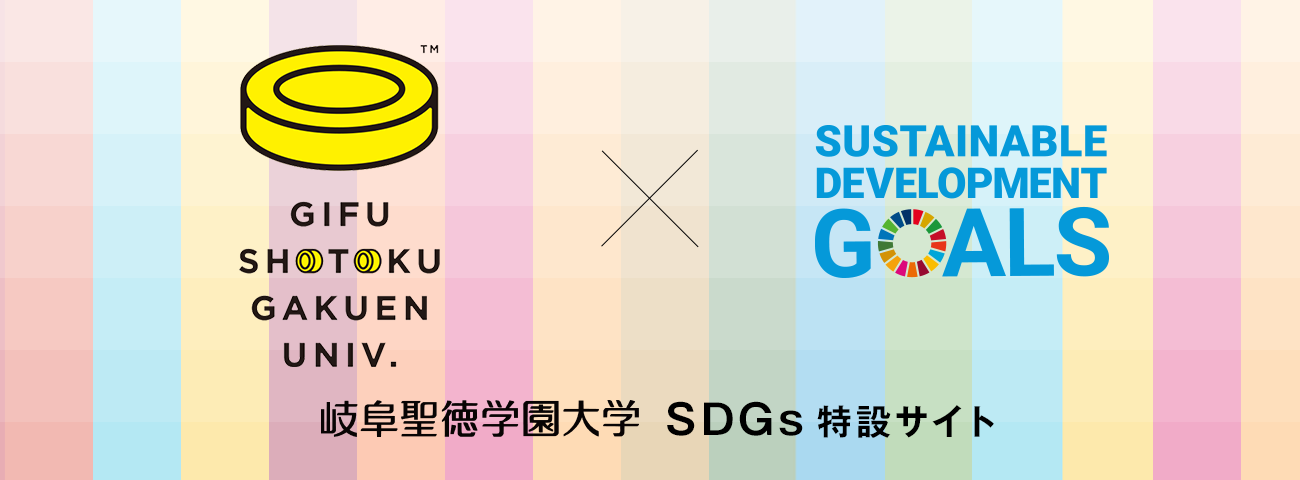岐阜新聞 真学塾 外国語学部③ トンプソン アラン
Languages differ
岐阜聖徳学園大学外国語学部准教授 トンプソン アラン
People often think of languages as collections of words. Learn the words and learn the language. Word endings and word order sometimes present difficulties, but basically it is the words. Some words are easy to learn because they are nearly the same--Japanese 茶 (cha) and Chinese 茶 (chá). And there are so many words that Japanese and English share--ピックアップ、ゲット、アピール、クレーム. So we just have to learn the ones that are different, right?
But after we have tried communicating in another language for a while, we realise that there is more to it than that. How do we say お疲れ様 in English? Er... we don't. How about How are you? in Japanese? People don't usually do that either. As you can see, people say different things in different languages.
Moreover, we say similar things differently in different languages. In English, for example, we almost always say whether we are talking about one or many, singular or plural. Many newcomers to Japan are amused to hear Japanese people asking about 外国. They wonder, "Do they think that everything outside Japan is just one country?" Of course not. By 外国 they mean many countries. It just isn't so important in Japanese to make a difference between singular and plural. (Similarly, it is not so important in English to make a difference between familiar and formal relationships, as Japanese do with だ and です.)
Patterns of speaking in a casual conversation differ as well. In Japanese, it is ommon to answer with a word; in English, the answer is usually a quick phrase.
A: Where'd you go?
B: To the beach. (not Beach.)
A: Looks like a great place. Who'd you go with?
B: With my friends. (not Friends.)
And what about those words that English and Japanese share? Actually, in many cases, it's more like a Japanese idea just put on the clothes of an English word. So for the idea 拾い上げる--'pick up' (off the ground) or 'choose' (a few examples)--it became popular to say ピックアップ, although in English we only use pick up for acorns or people at the station, not for examples, which we simply pick.
The best way to get used to the way another language works is to listen to it a lot. Listen to conversations that you can understand, and repeat, repeat, repeat what people actually say. Listen to the rhythm of the language, too. Read, listen, and repeat aloud, so that your eyes, ears, brain, and mouth all learn together. Don't expect the new language to feel the same; enjoy the difference.(2020.11.15岐阜新聞掲載)









